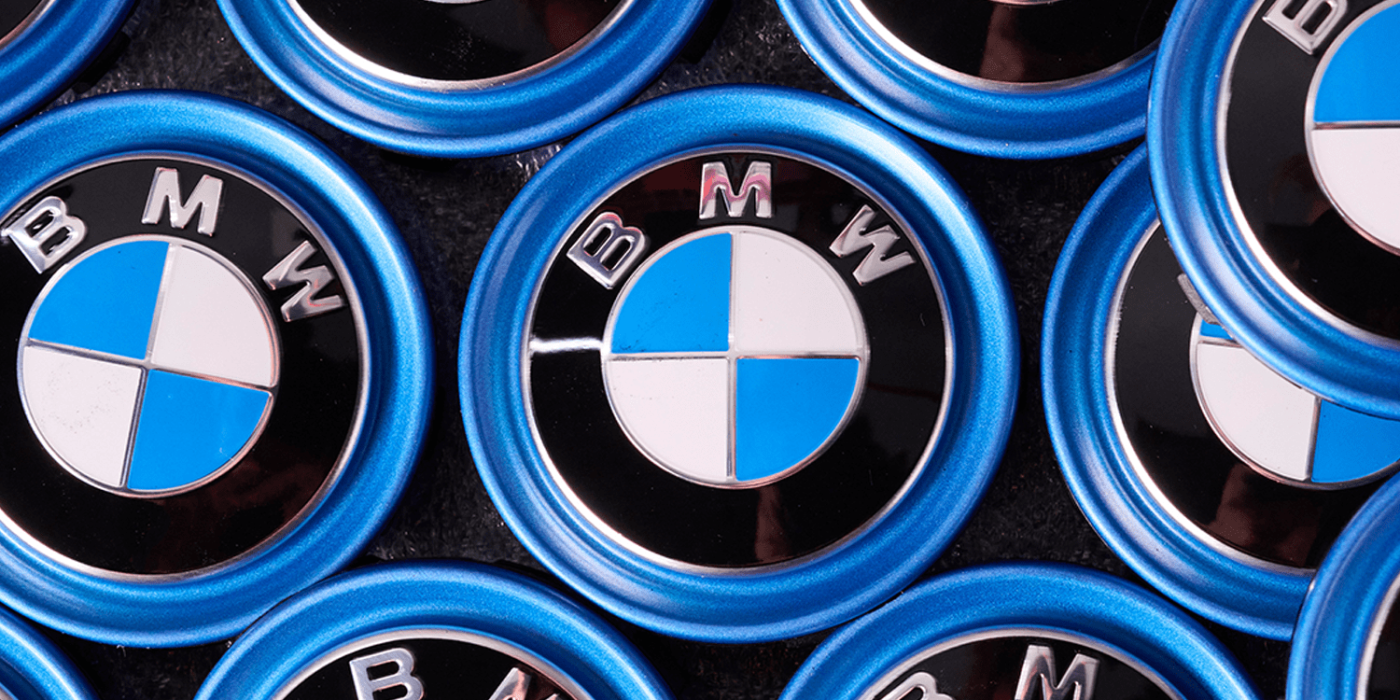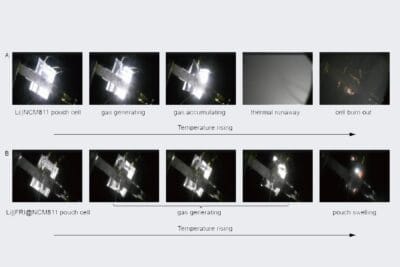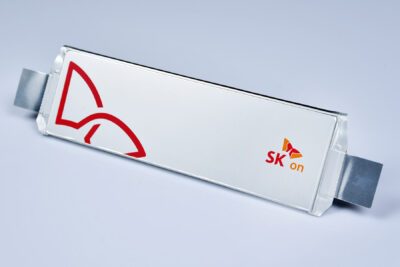BMW prepares to produce solid-state cells in Germany
BMW wants to produce solid-state battery cells in its own pilot plant in Germany based on the design of technology partner Solid Power. To this end, the Munich-based carmaker has obtained a research and development licence from the US company.
This is not reported by BMW itself, but by Solid Power. It is a new dimension of the development cooperation that has been ongoing between the two sides since 2017. According to Solid Power, the extended development agreement covers the joint use of proprietary know-how in the production of solid electrodes and cells but does not extend to a licence for intellectual property relating to Solid Power’s electrolyte material, which remains the core business of the US company.
Once BMW Group has established its pilot plant, Solid Power intends to supply its electrolyte material to the carmaker to produce the prototype cells. In return, the BMW Group will pay Solid Power a total of 20 million US dollars until June 2024 – provided that the mutually agreed milestones are achieved.
The expanded relationship is expected to bring “significant benefits” to both companies. Solid Power speaks of “complementary cell development and manufacturing activities” that both partners intend to realise in order to further improve the performance of Solid Power’s technology. The licence granted relates to “the design and manufacturing know-how with regard to solid-state cells”.
Frank Weber, member of the Board of Management of BMW AG, is quoted as saying in the US announcement: “BMW remains committed to the pursuit of all-solid-state batteries, a technology which we believe has significant potential for the future. We look forward to working even more closely with Solid Power and adding the capability to produce solid-state cells based on Solid Power’s designs at our own pilot facility. We expect this agreement to accelerate the installation of our solid-state prototype line and our companies’ mutual goal of commercializing this promising cell technology.”
Derek Johnson, Solid Power’s chief operating officer, calls the expanded development agreement “is an added vote of confidence in Solid Power’s technology development.” In recent months, he says, Solid Power has begun manufacturing its first electric car cells and shipping 20-ah cells to partners – “including BMW” – for initial testing. Ford is also among the interested parties.
In the summer, Solid Power announced that it had completed the installation of its own pilot production line. This will be used to automatically produce all-solid-state battery cells with the company’s own sulphide-based solid electrolyte material. At full capacity, the pilot line is expected to be able to produce about 15,000 cells per year. Series production is expected to start in 2026, according to earlier information.
The company gave details of its solid-state battery platform in May 2021. Conventional NMC cathodes are used. In combination with a silicon anode and a solid electrolyte, Solid Power wants to be able to build a cell with a gravimetric energy density of 390 Wh/kg. If a lithium metal anode is used instead of the silicon anode, the cell (still with NCM-811 cathode) has an energy density of 440 Wh/kg.
Meanwhile, BMW has secured lithium from Austria. The raw materials company European Lithium has signed a binding long-term purchase agreement with BMW for battery-grade lithium hydroxide from its Wolfsberg lithium project in Austria. However, the company has not yet given any details on the purchased quantity and the timeframe.
What is mentioned, however, is that BMW will make an advance payment of 15 million US dollars to European Lithium, which will later be offset against the lithium hydroxide delivered to BMW.
globenewswire.com, europeanlithium.com (Austria, PDF)




